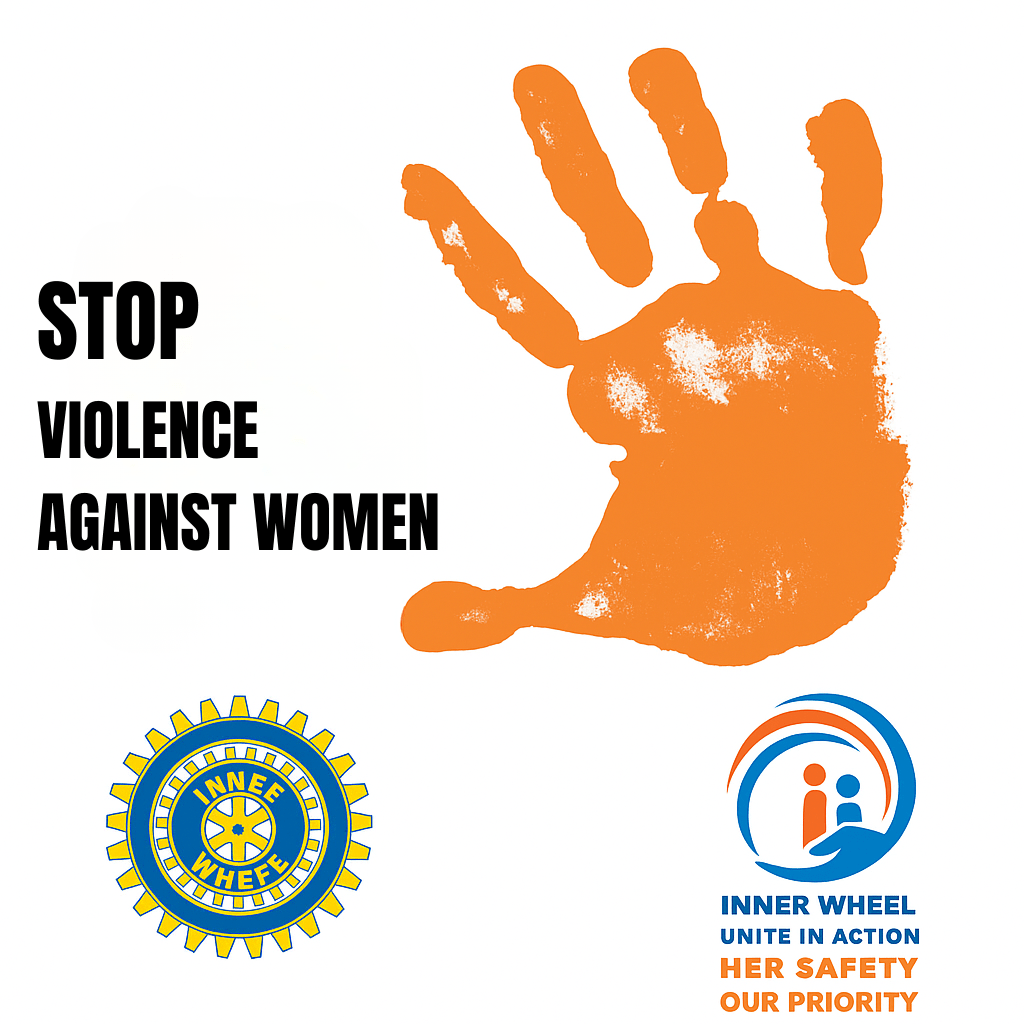I am going to start this blog with a confession – my guilty pleasure is watching American medical dramas. My particular show of choice at the moment is New Amsterdam.
One of the reasons for enjoying these shows is that they reflect the differences between NHS healthcare and the American insurance-funded system. New Amsterdam is a public hospital, meaning that it treats patients with or without insurance. However, under the American system, there are many procedures that are not covered by the public funded system or the insurer. Even if the patient has medical insurance, the amount they have to pay in excess often leads to bankruptcy.
I have met someone who, although fully insured, was bankrupted whilst living in America because he had cancer.
This reminds me of a presentation I attended many years ago about treatments for brain tumours. The presentation included patients who had been enrolled in a clinical trial; some of these patients had no insurance and no money and were living in a trailer park. One patient spoke to the camera about receiving the diagnosis of a brain tumour at a public hospital and then just being sent home as they couldn’t pay for their treatment, which would have involved any or all of surgery, chemotherapy and radiotherapy. The only option this patient had for any form of intervention was to enrol in a clinical trial.
We could not conceive of being in this position in the UK. If someone receives a diagnosis, our National Health Service will do its best to treat that patient and hopefully cure them. Some new and more innovative treatments might not be available, but we know that should our loved ones or we fall ill, the NHS will not ask for a cheque book before treatment. Our ability to pay may impact on the level of comfort on a hospital ward or the speed of diagnosis and treatment, but it rarely means a death sentence.
So today, on reflection, regardless of industrial action, or any of the many things that could be improved in the NHS (including wages), I am eternally grateful that I do not have to live with the anxiety of how we would pay if a member of the family was really ill.



